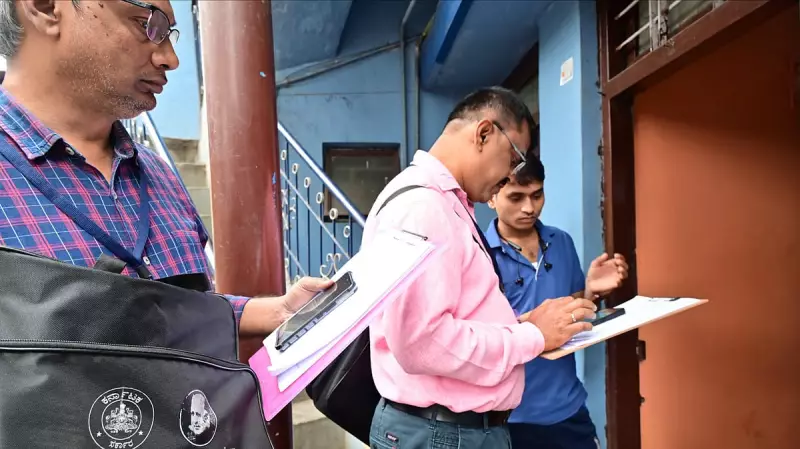
The Karnataka government has initiated a significant move to review and revise the state's backward classes list, with a special focus on public employment data. This decision marks a crucial step in the ongoing efforts to ensure equitable representation and social justice across communities.
Commission Takes Center Stage in Revision Process
The Karnataka Commission for Backward Classes, led by Chairman K. Jayaprakash Hegde, will spearhead this comprehensive revision exercise. The commission has confirmed it will examine public employment patterns as part of its assessment criteria, providing a more accurate picture of community representation in government services.
This approach represents a methodological shift from previous assessments, incorporating employment data to determine the actual socio-economic status of various communities. The commission's broader mandate includes examining the need for sub-categorization within backward classes and recommending appropriate reservation percentages.
Comprehensive Data Collection Underway
The commission has embarked on an extensive data collection process, gathering information from multiple sources to ensure a thorough analysis. Field surveys, community representations, and existing government data are all being utilized to build a complete picture of backwardness across Karnataka.
Commission Chairman K. Jayaprakash Hegde emphasized that the revision process will be evidence-based and transparent. "We are committed to conducting a fair assessment that truly reflects the current socio-economic realities of all communities," he stated during discussions about the commission's approach.
Potential Impact on Reservation Policies
The revision of the backward classes list could have far-reaching implications for Karnataka's reservation system. The commission's recommendations may lead to changes in reservation percentages, inclusion of new communities, or exclusion of others based on the collected data and analysis.
This exercise comes at a time when several communities have been demanding revisions to the existing reservation structure. The consideration of public employment data specifically addresses concerns about adequate representation in government jobs, which has been a contentious issue in reservation debates.
The commission's final report, expected to be submitted to the state government, will form the basis for potential policy changes affecting millions of citizens across Karnataka. The thorough examination process underscores the government's commitment to creating a more equitable and data-driven reservation system.






